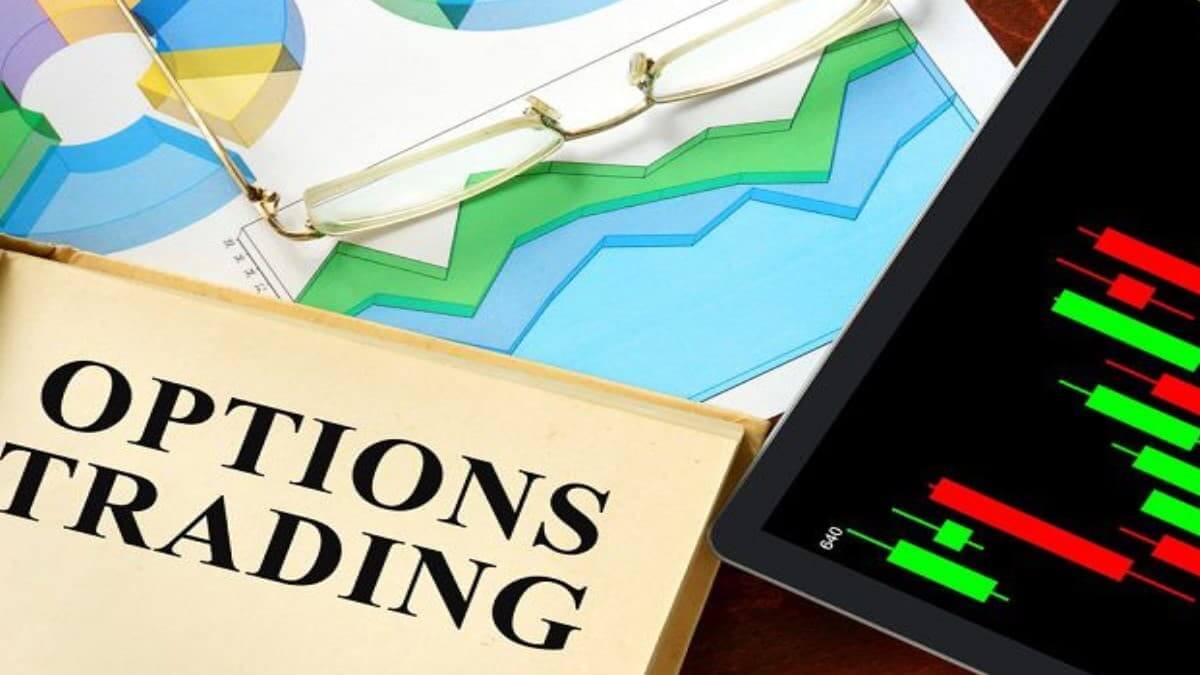Whether you’re a seasoned options trader or just dipping your toes into this dynamic market, understanding options trading costs is crucial for maximizing your profitability. In this comprehensive guide, we’ll delve into the intricacies of options trading costs, empowering you to make informed decisions and navigate the complexities of the options market with confidence.

Image: www.zrivo.com
Definition and Importance of Options Trading Costs
An option is a contract that gives the buyer the right, but not the obligation, to buy (call option) or sell (put option) an underlying asset at a specific price (strike price) on or before a certain date (expiration date). Options trading involves paying a premium to the option seller in exchange for this right.
Options trading costs encompass a range of fees and commissions associated with initiating, maintaining, and closing options positions. These costs can significantly impact your trading profitability, so it’s essential to factor them into your trading strategy.
Types of Options Trading Costs
-
Premium: The premium is the upfront payment you make to the option seller. It represents the value of the option contract and reflects the market’s perception of the underlying asset’s price movement potential.
-
Commission: Most brokerages charge a commission for each option contract you trade. This commission varies from broker to broker, so it’s crucial to compare quotes and choose a brokerage with competitive rates.
-
Transaction fees: Some brokers also charge a small transaction fee for each trade, regardless of the contract size. These fees can accumulate over time, especially for active traders.
-
Clearing fees: When you trade options on an exchange, a clearinghouse facilitates the settlement of your trades. They charge a clearing fee per contract, which is typically included in the commission fees.
-
Exercise or assignment fees: If you decide to exercise (buy or sell) your options contract before the expiration date, you may need to pay an exercise or assignment fee.
-
Margin interest: If you trade options on margin (borrowed funds), you will be charged interest on the borrowed amount.
Factors Affecting Options Trading Costs
-
Option type: Call options generally cost more than put options, especially for in-the-money options (when the strike price is below the current underlying asset price for calls and above for puts).
-
Strike price: The closer the strike price to the current underlying asset price, the higher the premium tends to be.
-
Expiration date: Options with longer expiration dates typically command higher premiums than those with shorter expiration dates.
-
Volatility: High levels of volatility in the underlying asset’s price increase the premium of options because they present a greater potential for profit.
-
Time decay: As options approach their expiration date, their time value (extrinsic value) decays, which reduces their premium.

Image: forexsystembuilder1.blogspot.com
Options Trading Cost
Managing Options Trading Costs
-
Choose a cost-efficient brokerage: Compare brokerages and choose one with competitive commission rates and minimal transaction fees.
-
Negotiate with your broker: If you trade large volumes of






